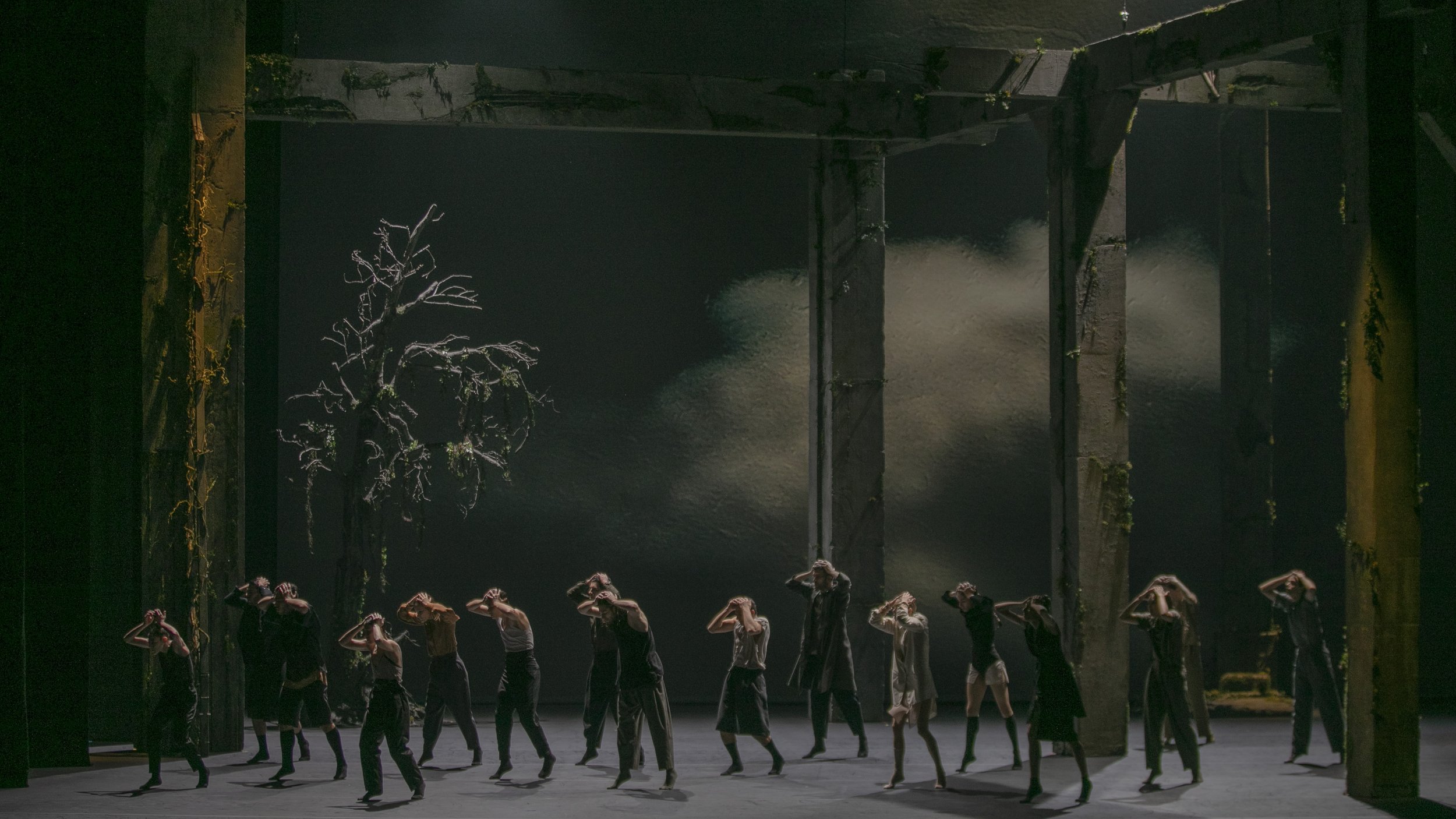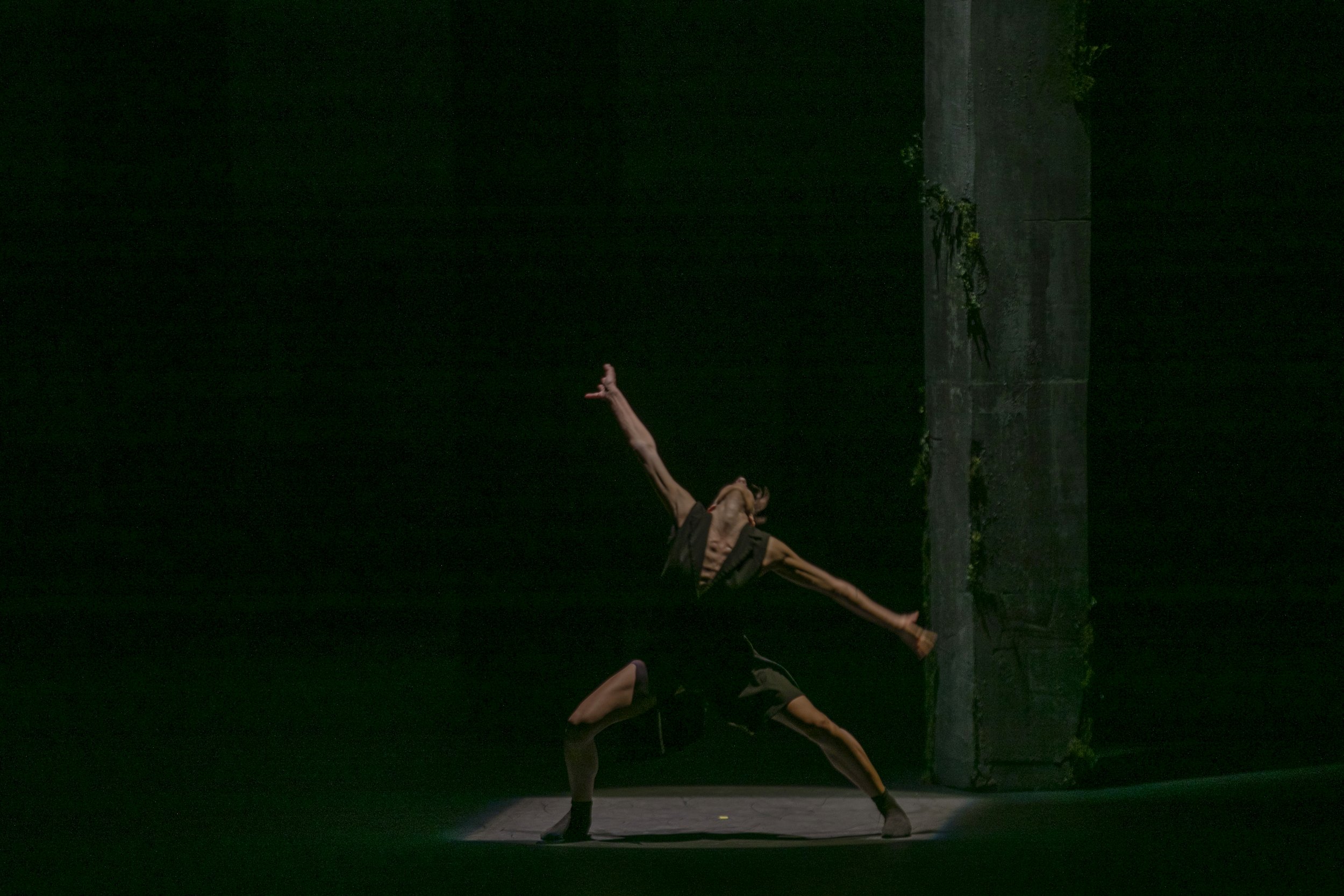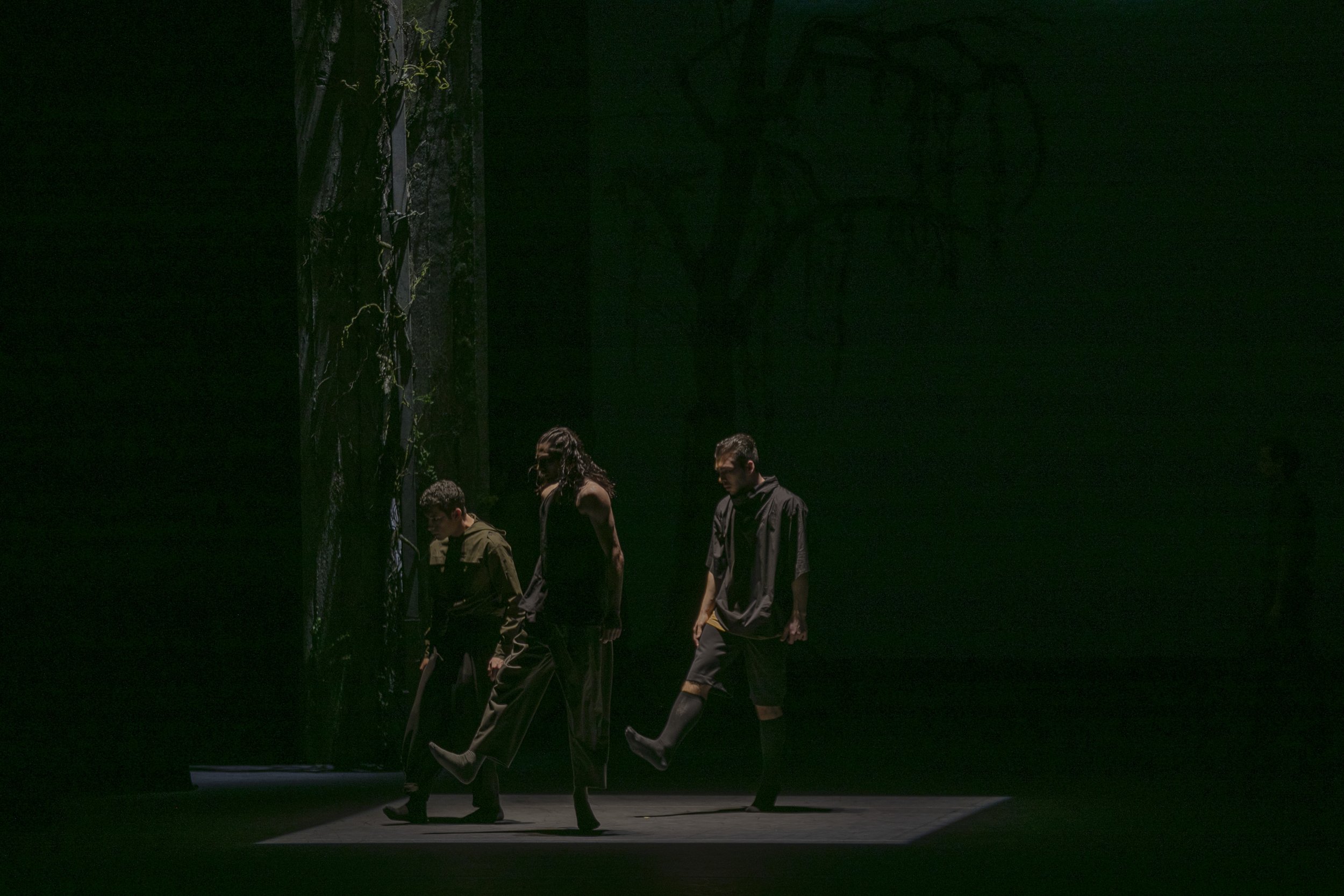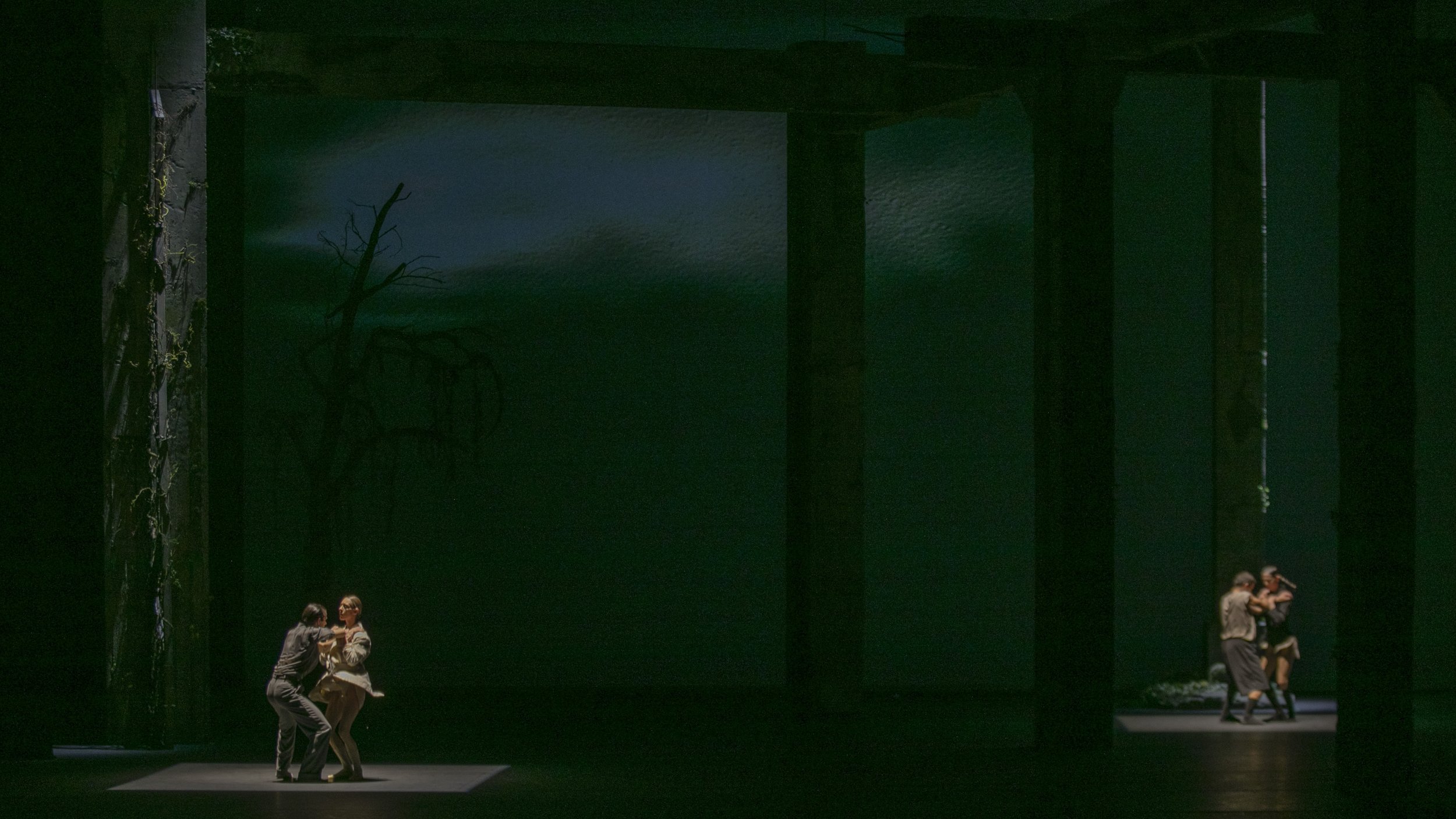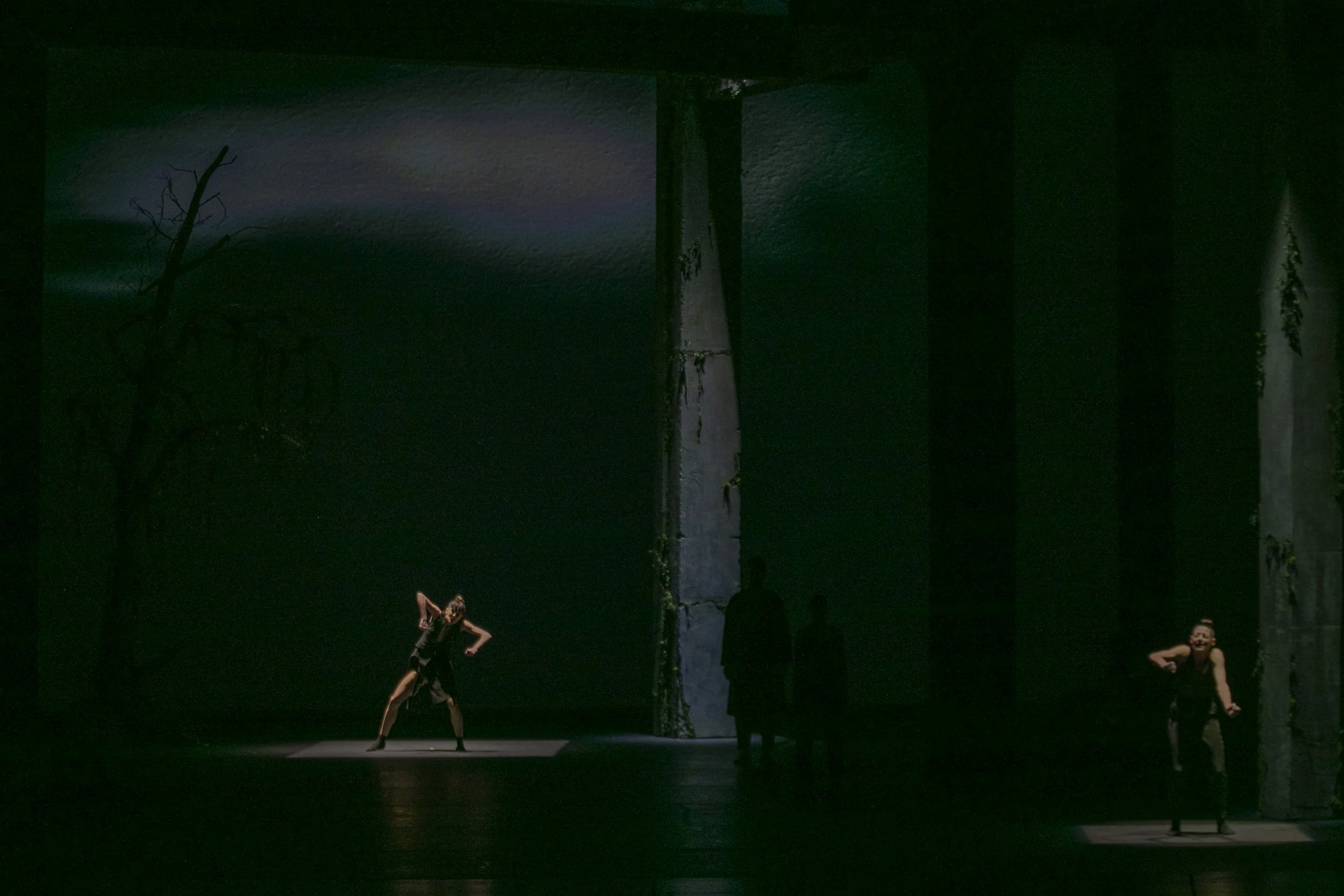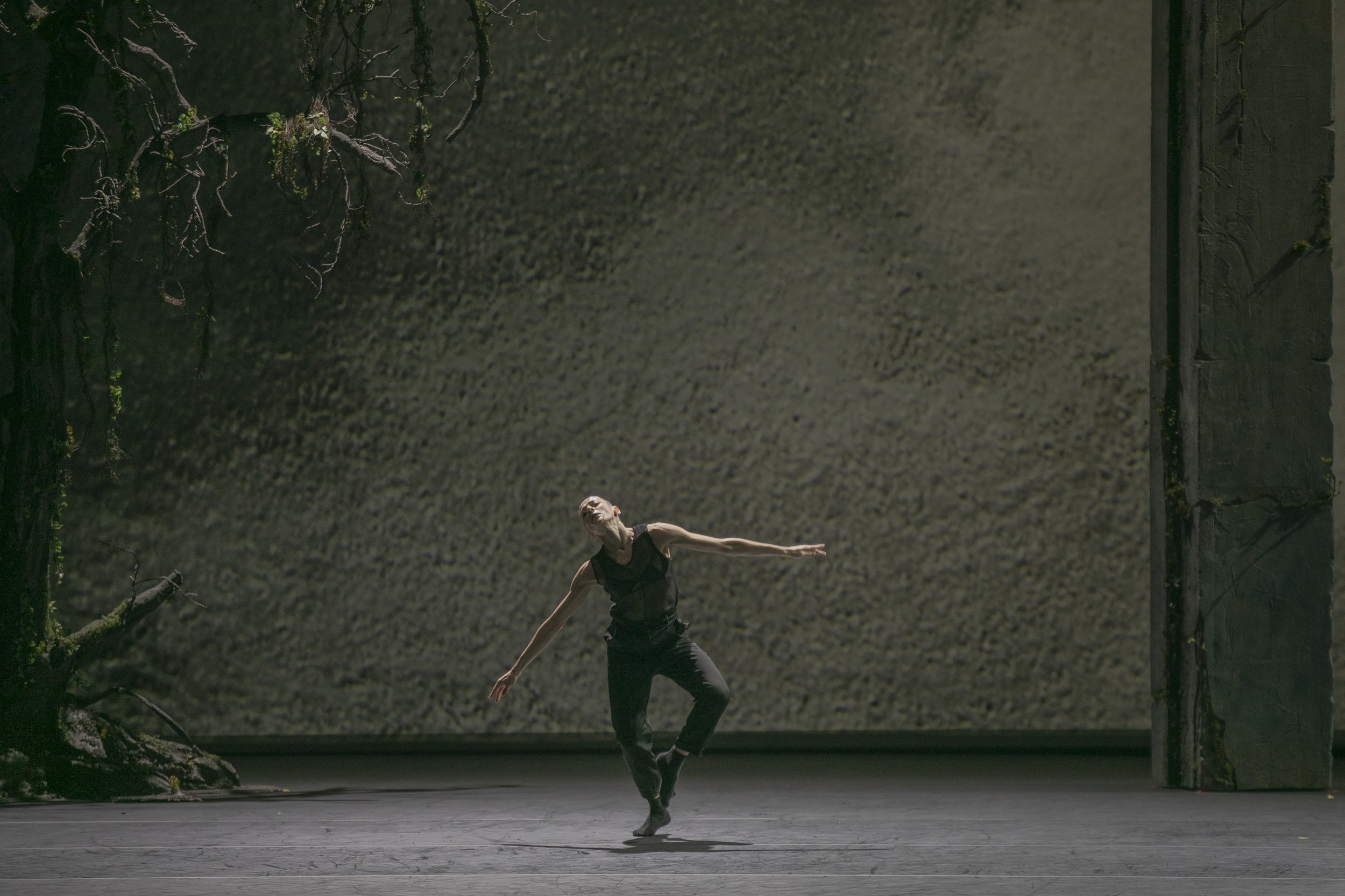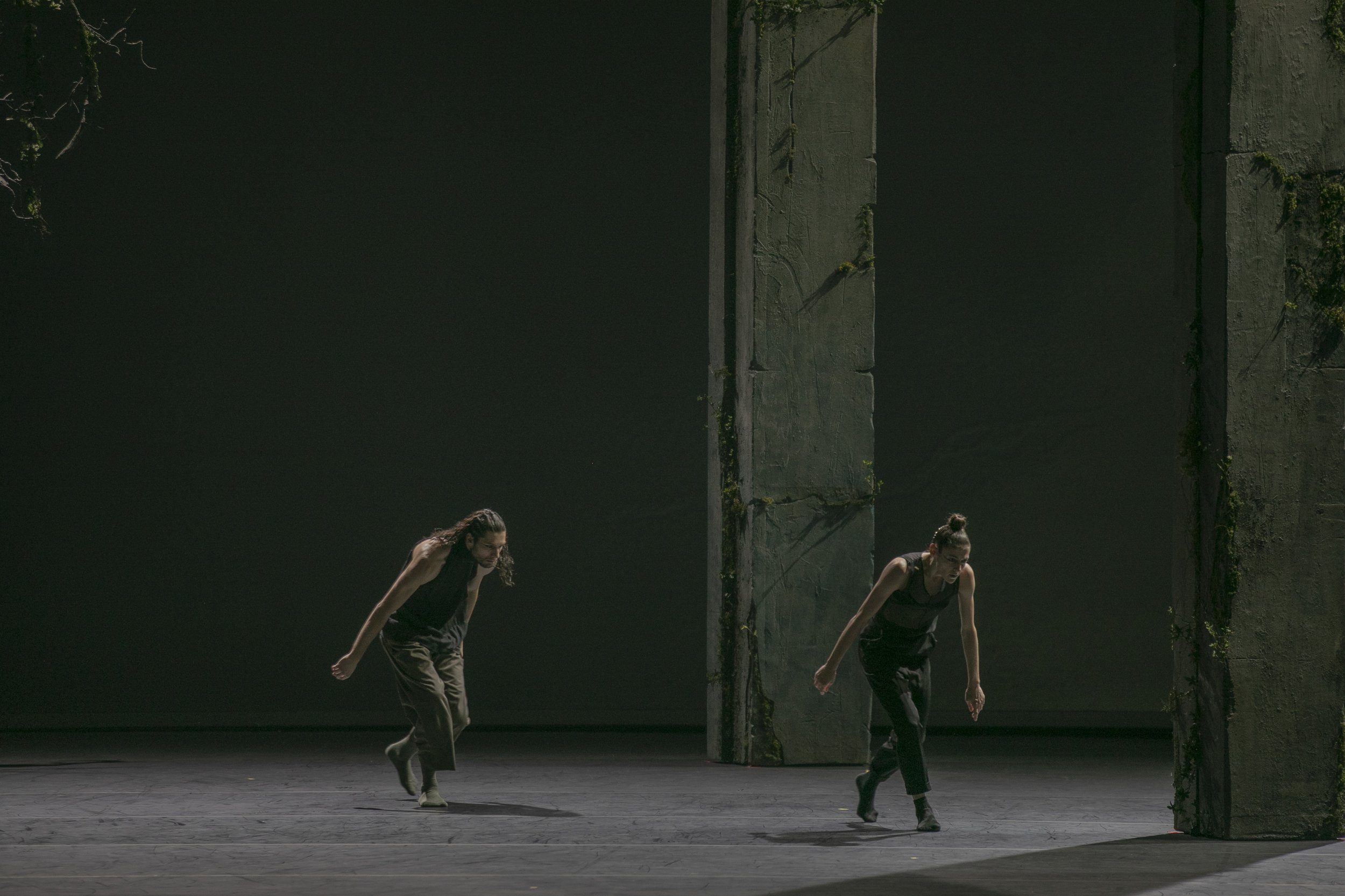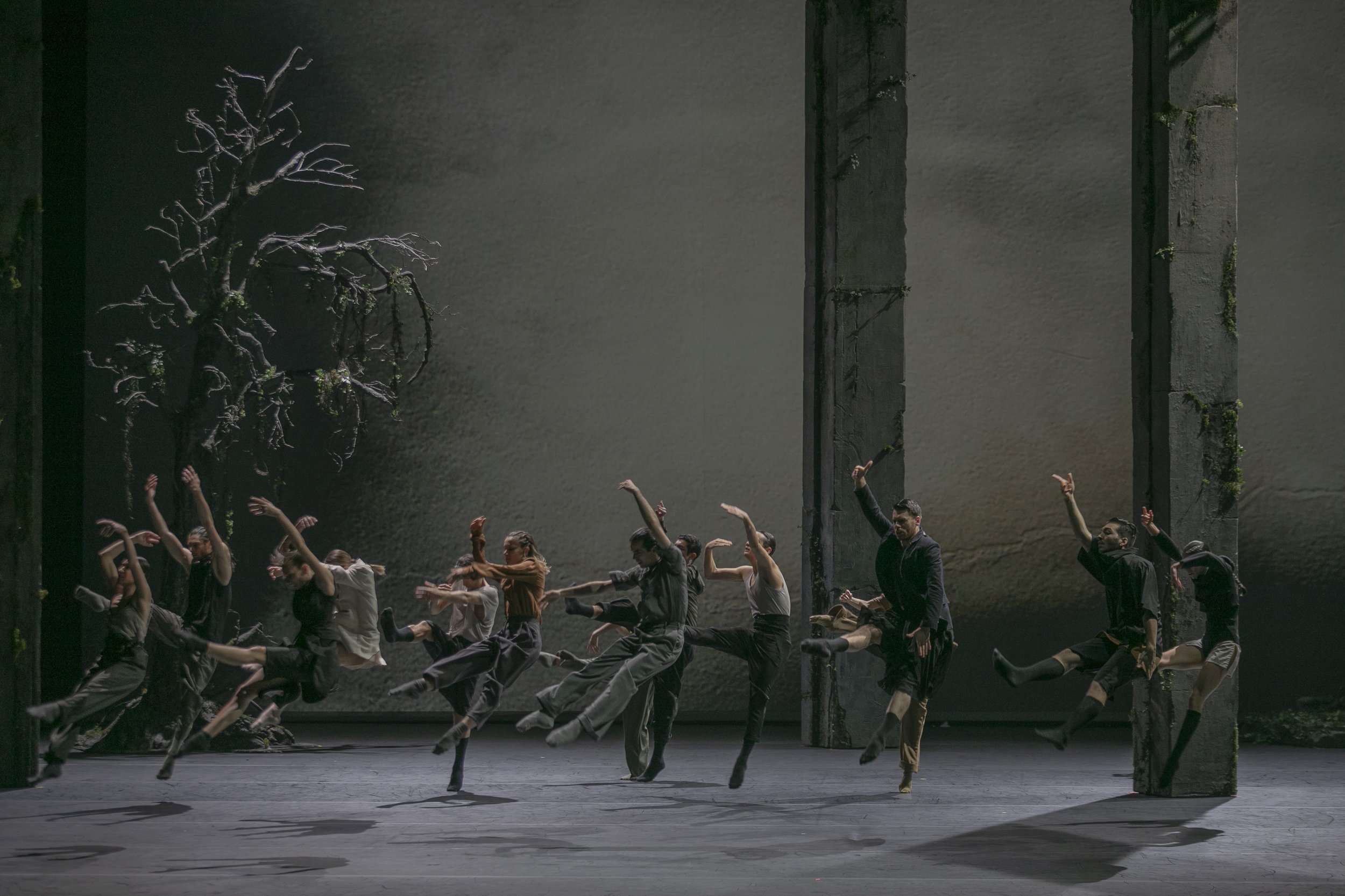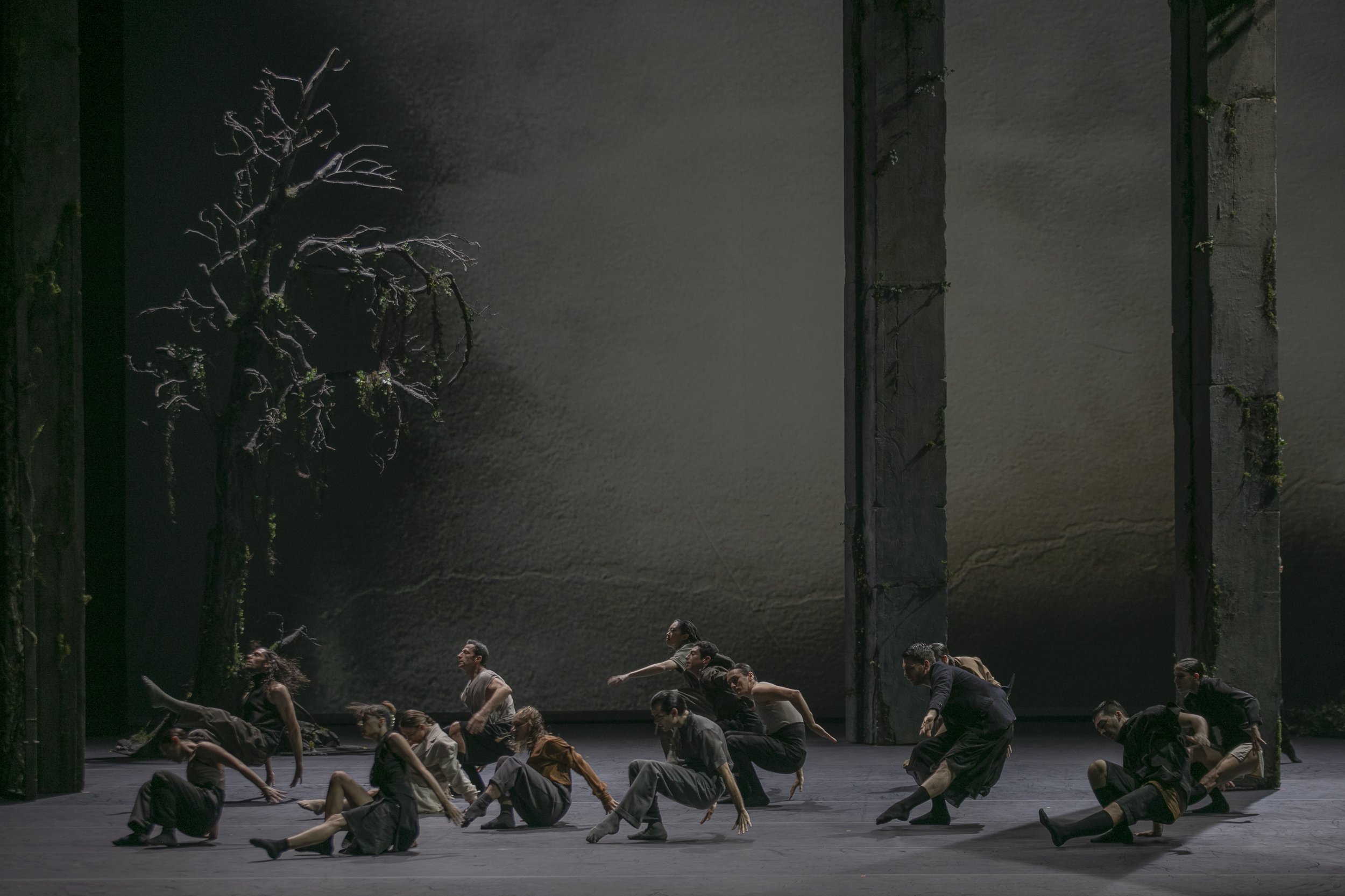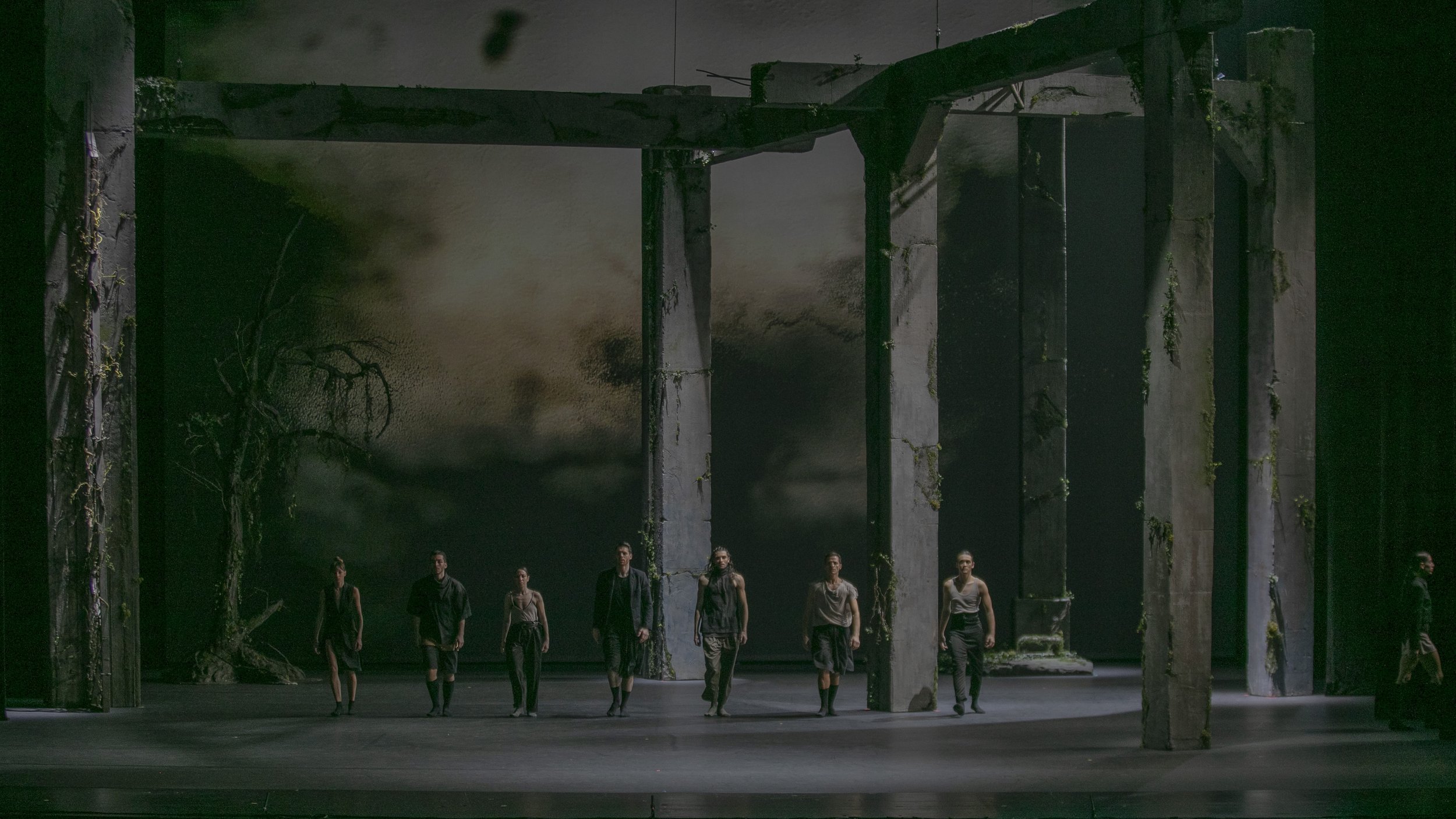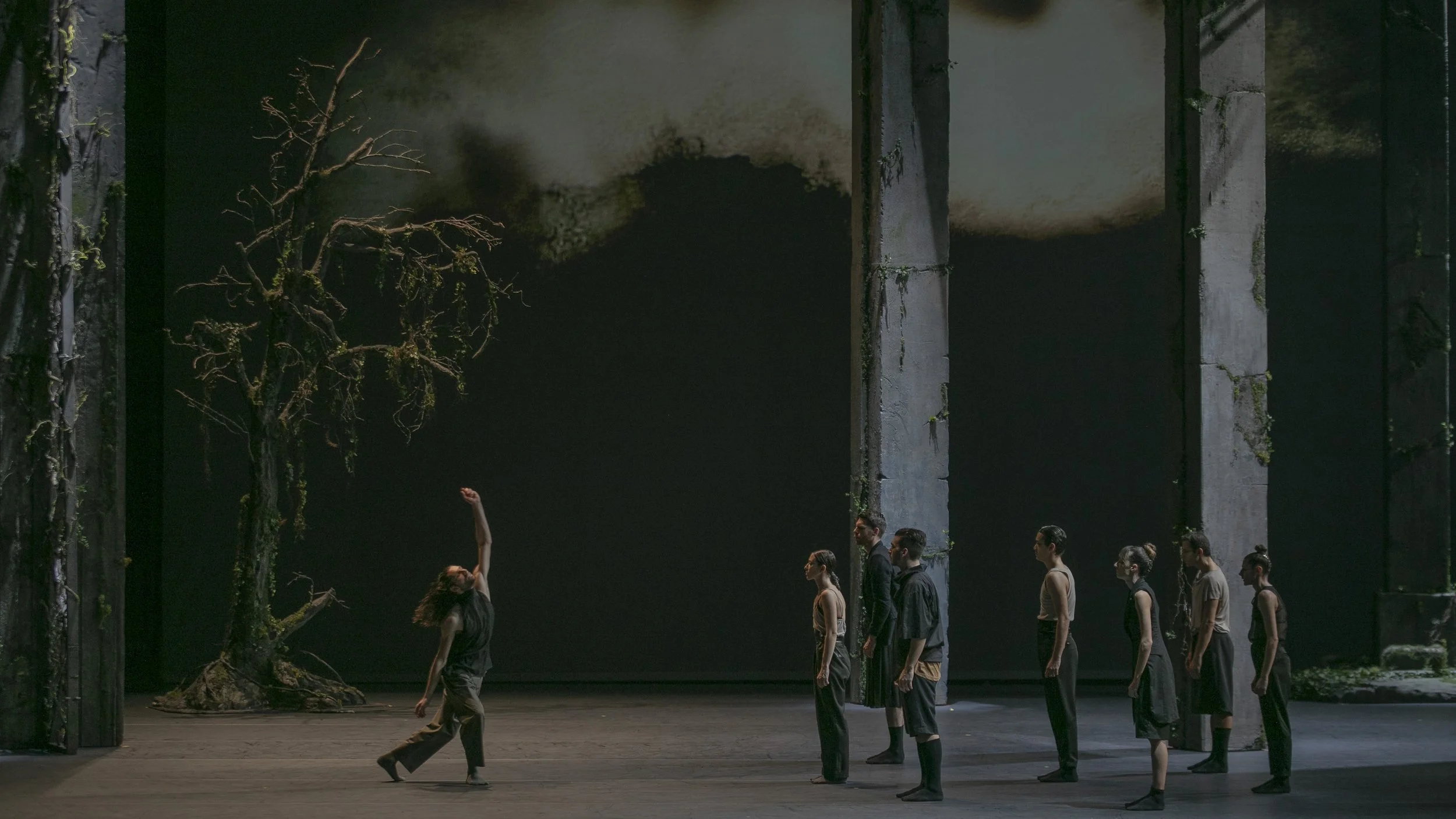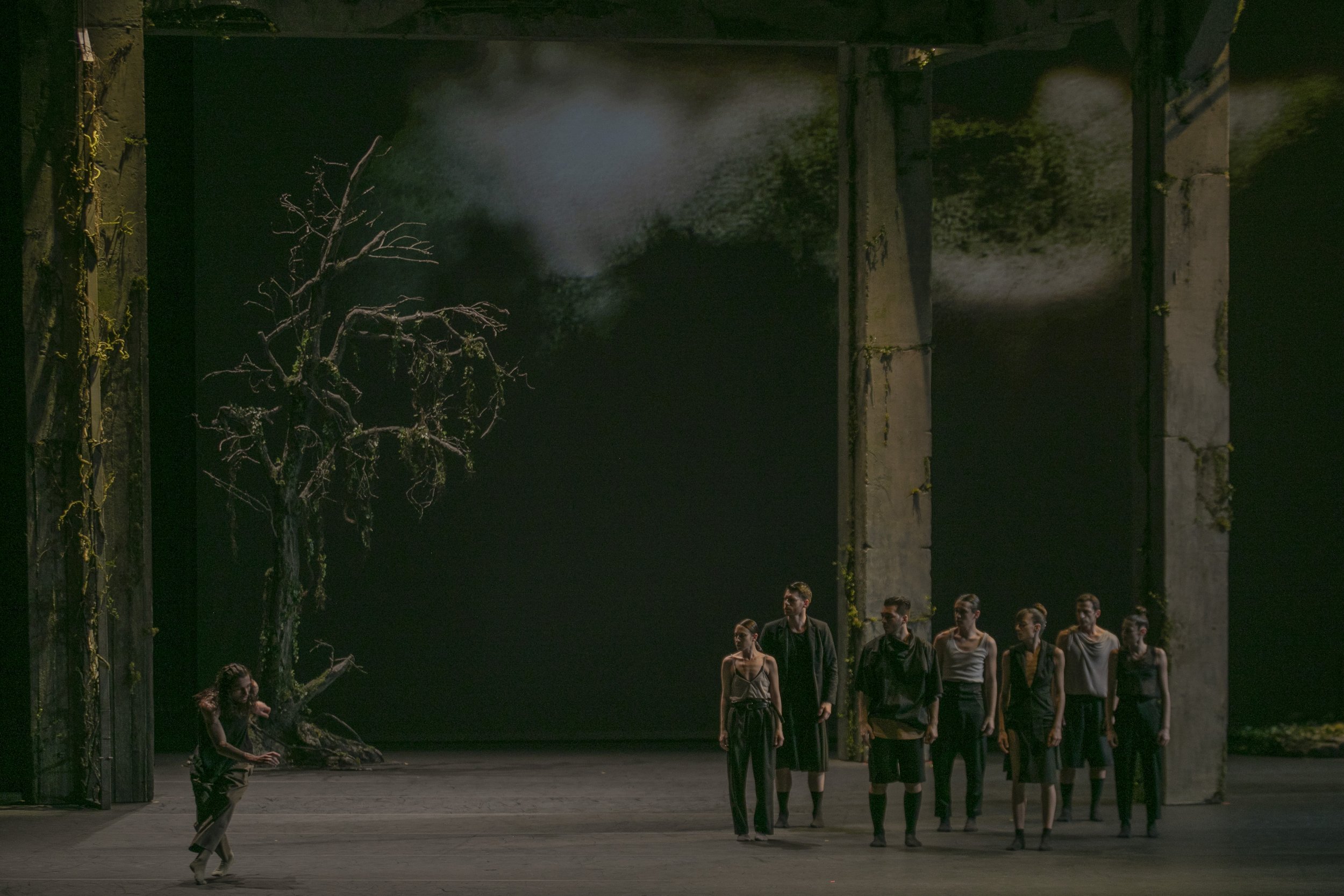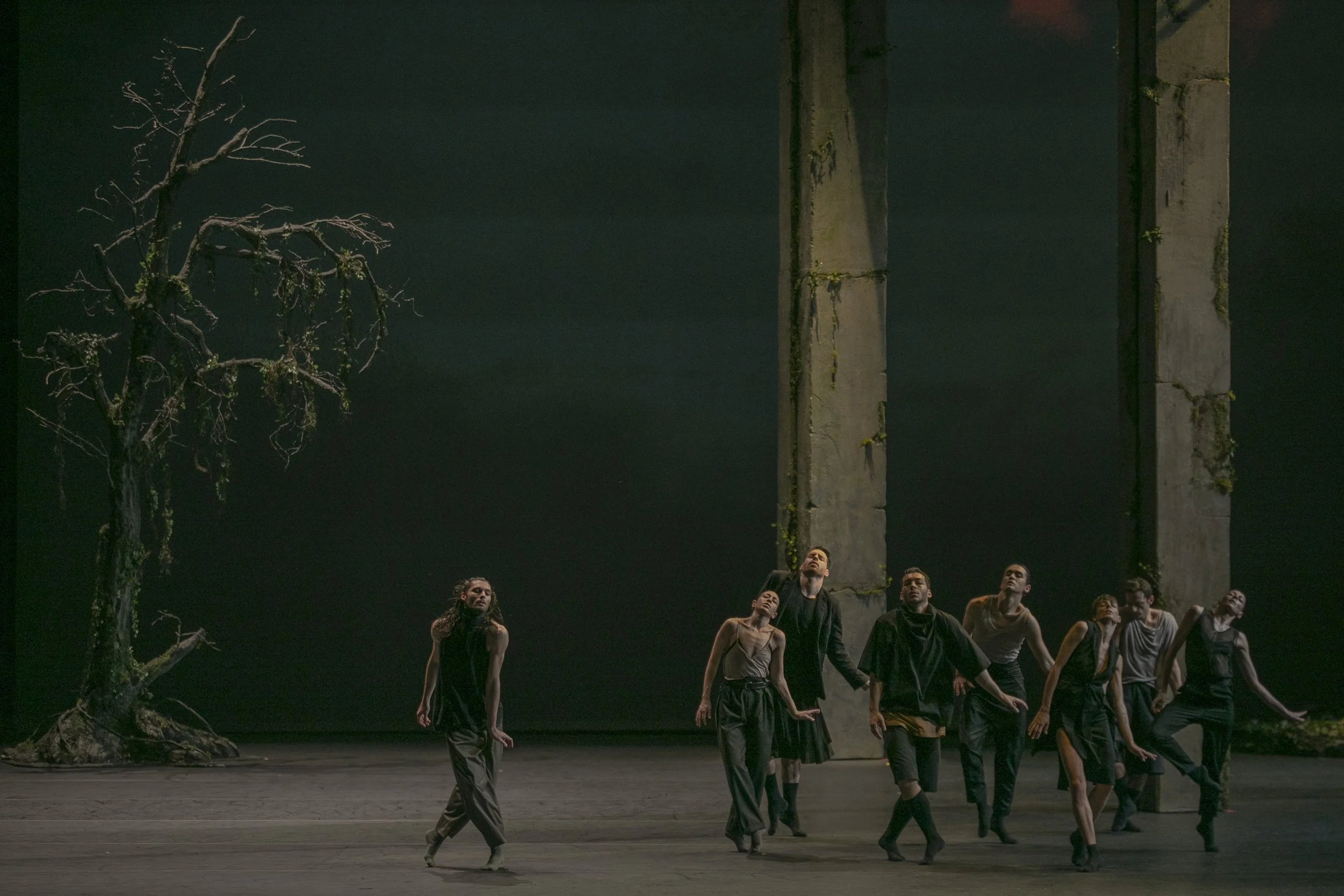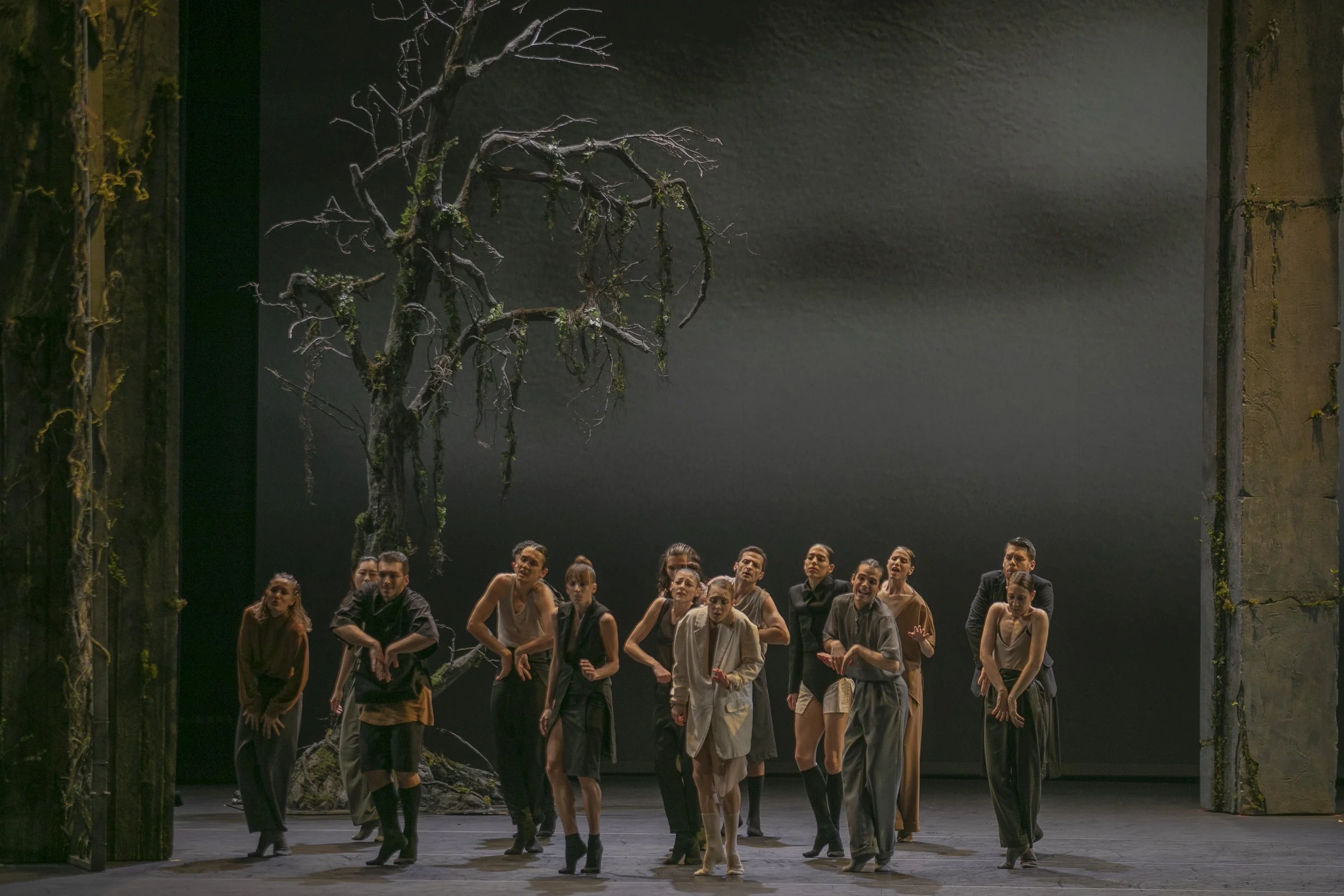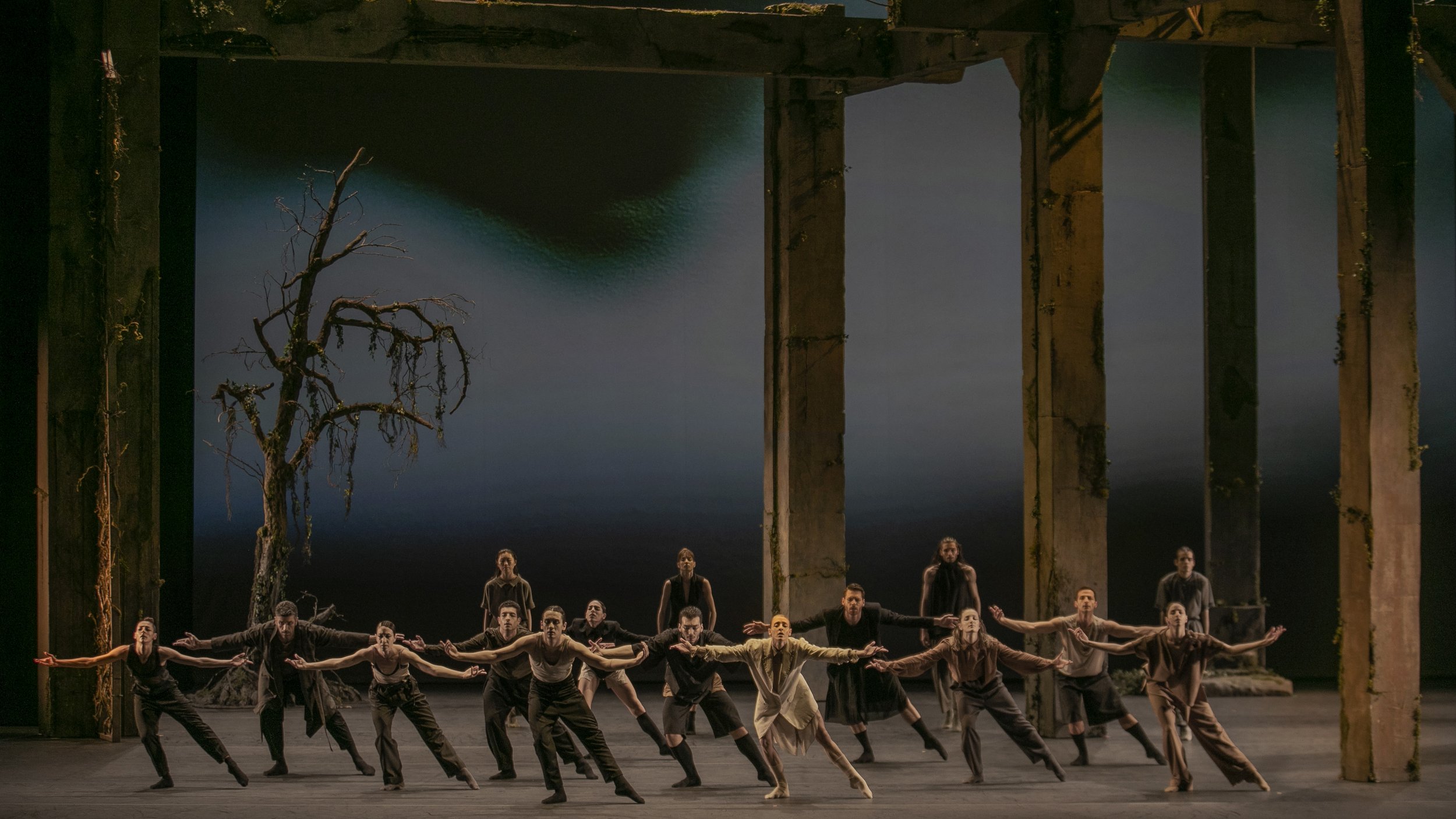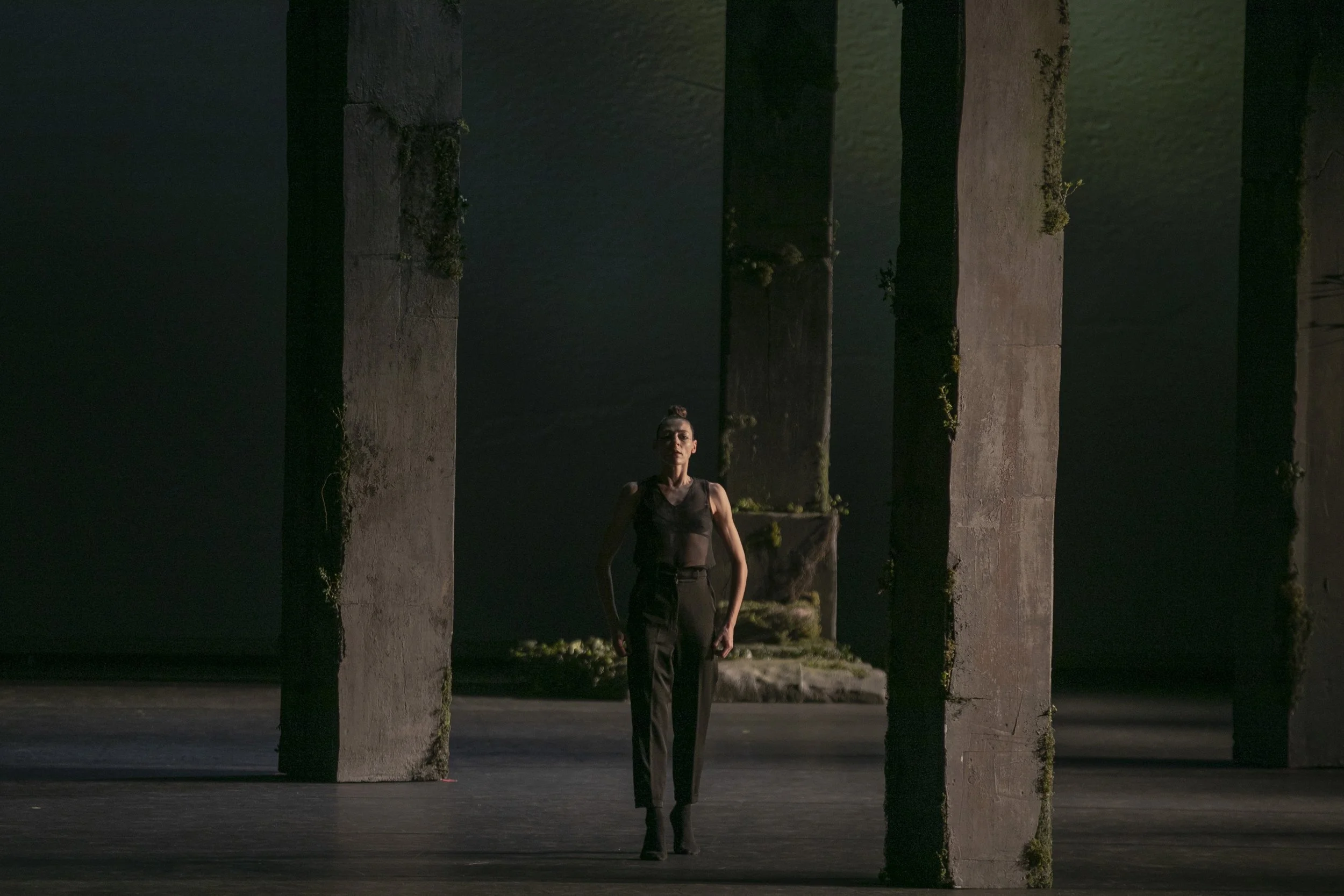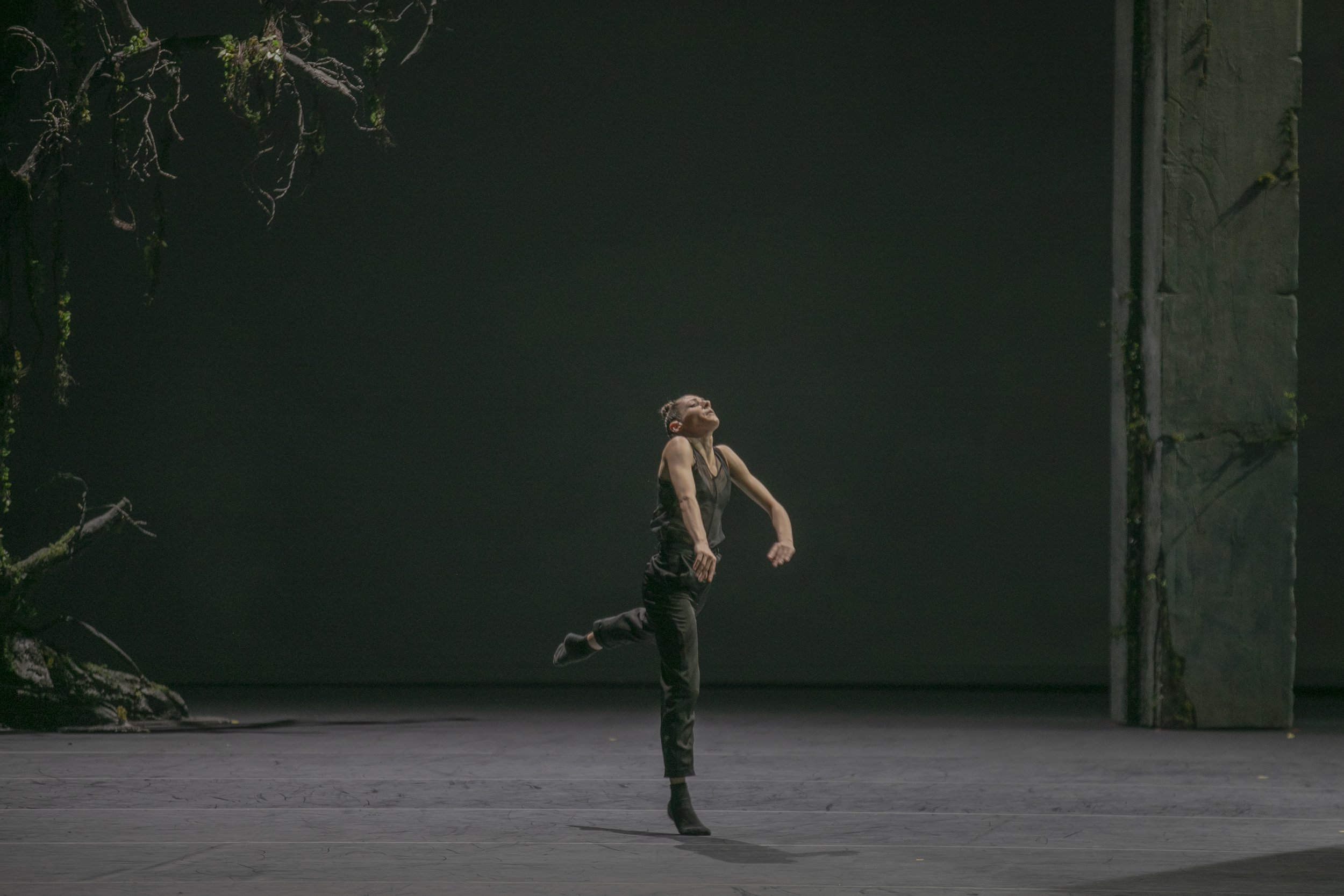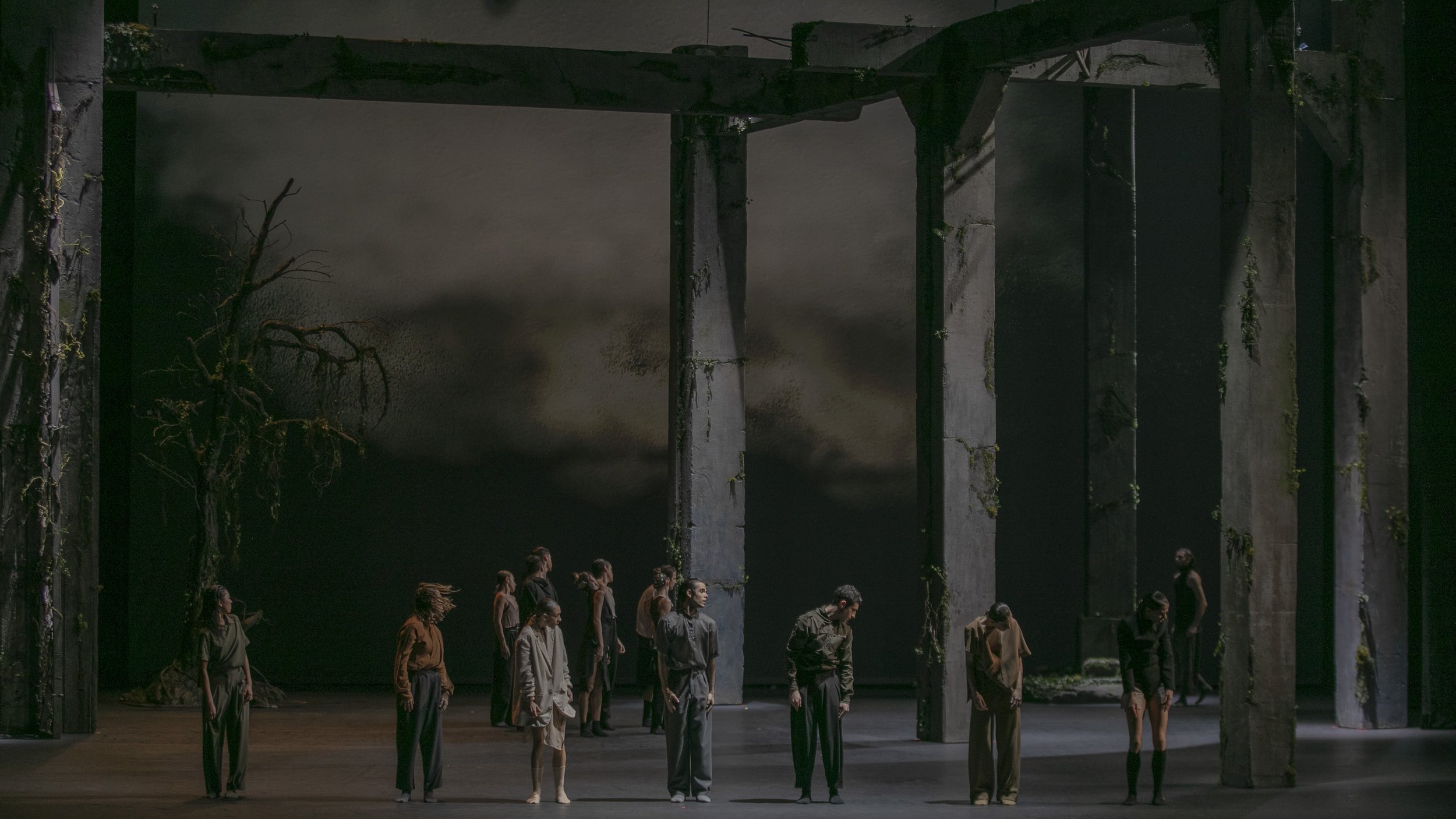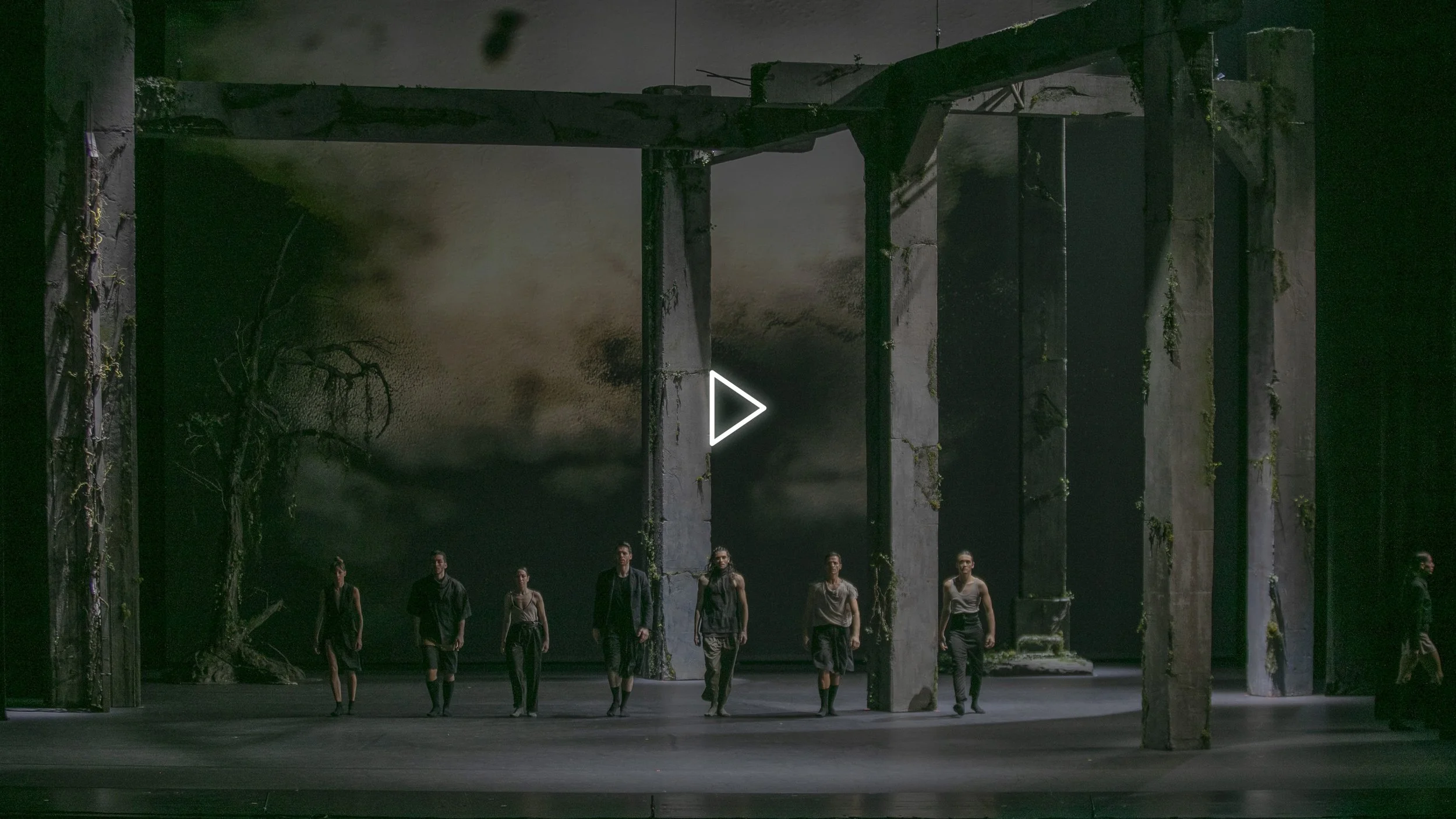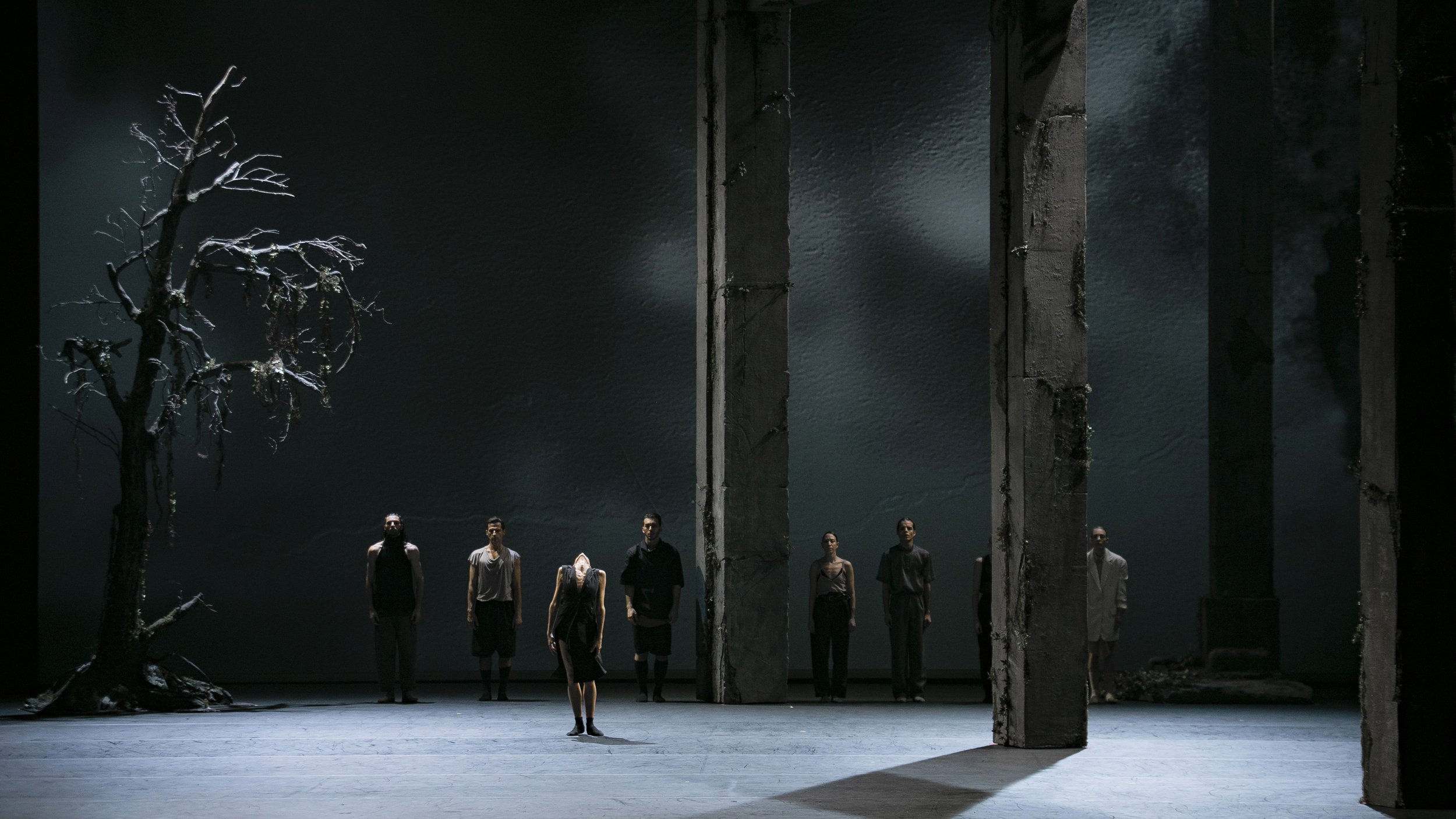
On the occasion of Greece’s independence, the piece “National Adulthood” speaks of a world of today that, while borrowing elements from the past, it refers to the needs, challenges and demands of a modern society. A world that elaborates the different elements of Greek identity and heritage, with the imprint left by the fight for liberation, through a contemporary prism.
For us, this world is as melancholic as it is vitalizing, enlivening. Dystopian, yet promising. It belongs not just in the hands of the past but also to the hands of today, to the here-and-now. And it reveals the contradictions of our people and the complexity of our history.
And it is through its conversation with the iconic music and compositional genius of Skalkotas, that all the passion and melancholy of this modern generation emerge. A generation that holds in its hands this “unliftable burdensome heritage". A generation that has gone through times of crisis, that has suffered continuous defeats, that has attempted many times in either old or new ways to define and express its needs and demands, that has both been defeated and has won, and a generation that while having failed, it has never ceased to dream. And hence, we are heading towards a coming-of-age; towards adulthood.
Because change does not necessarily mean defeat. For all the chaos it may bring about, for all its striking resemblance to violence, it establishes its own identity, it reveals battles and struggles full of passion and vision. And announces ‘resistance’ as that constitutional ingredient necessary for the birth of a new revolution. To grant us with our new heroes. To remind us that together we can dance louder. More freely. More united.
And that's the only way to get a whiff of the future.
And that's how we find ourselves victorious.
Based on the Dances of Skalkottas, two important new generation choreographers, Patricia Apergi and Linda Kapetanea will each present a different interpretation of the composer’s emblematic work.
Creating a new ballet choreography with the theme of National Music School, will be an ideal opportunity for a modern creative encounter with the multidimensional work of its representative composers. As this music strikes a vein in the Greek dancers’ DNA balancing between tradition and the artistic spirit of our days, it can become an ideal canvas for exploring on a new kinetic form and a new narrative of the Greek Emotion, beyond traditional kinesiological motifs. We are oriented towards a selected subset of the 36 Greek dances of Skalkottas.
Nikos Sklakottas (1904-1949) is one of the most important Greek composers of the 20th century. Educated in Athens and Berlin, where he studied close to major composers of modernism, he is - like Dimitris Mitropoulos – a talented, cosmopolitan Greek creator interacting on equal terms with interwar music reality, at the same time losing contact with its roots.
The 36 Greek dances are one of his most popular creations. For this reason it is common that only a number of those dances is selected and presented as an entirety in concert halls – five, six or twelve. Each of the dances is inspired by musical tunes and rhythms of different regions of Greece, bearing a distinctive name such as: Peloponnesian, Tsakonian, Chiotikos, Cretan and so on. Through this rich symphonic writing of those dances, a different version of Hellenism is expressed, in which the often familiar folk echoes emerge filtered through a modern sensibility bearing late romantic and neoclassical elements.
The Greek National Opera presents a double bill of opera and dance, two remarkable works of the Ionian and the National Schools of Music, exclusively on GNO TV from 17 May to 31 July 2021, as part of the celebration of the bicentennial of the Greek Revolution, featuring the Orchestra, Chorus, Ballet and Soloists of the GNO.





















